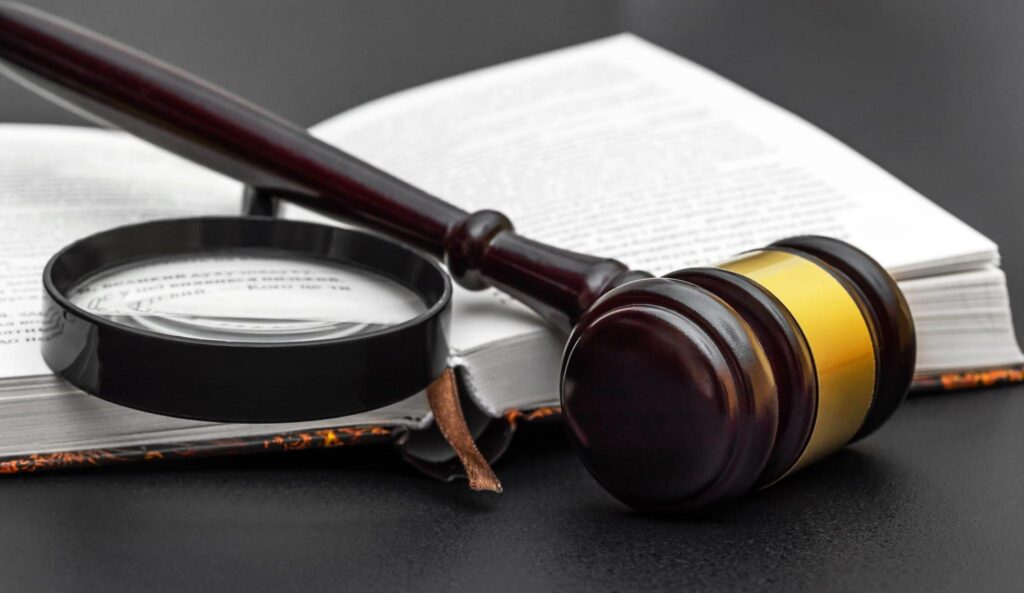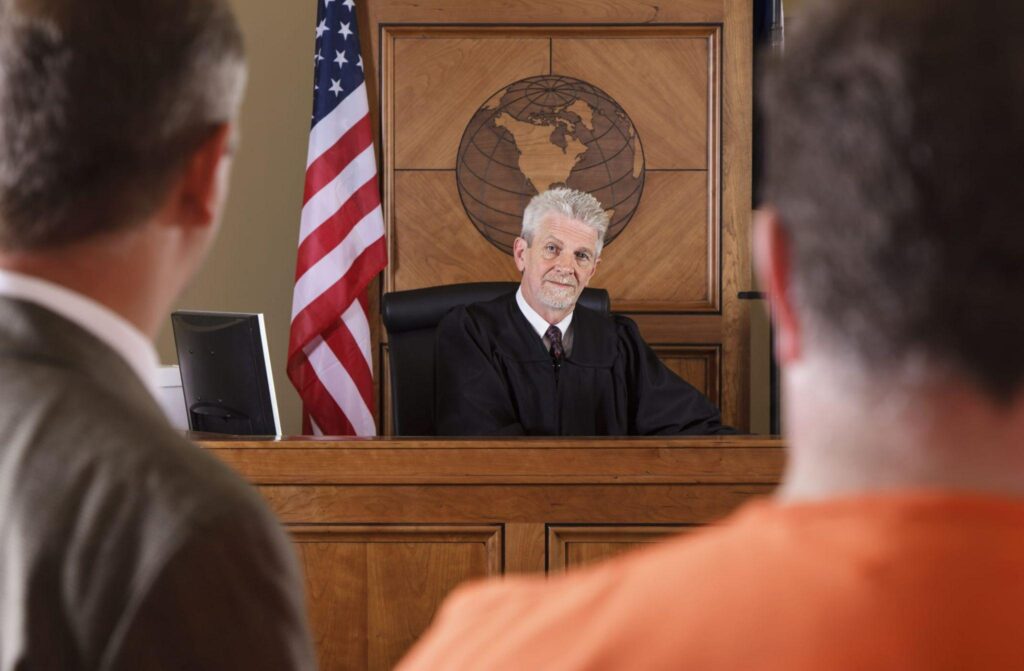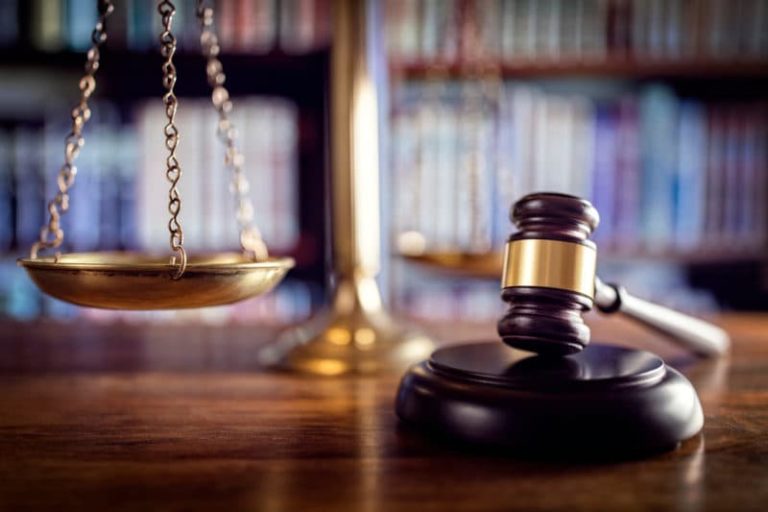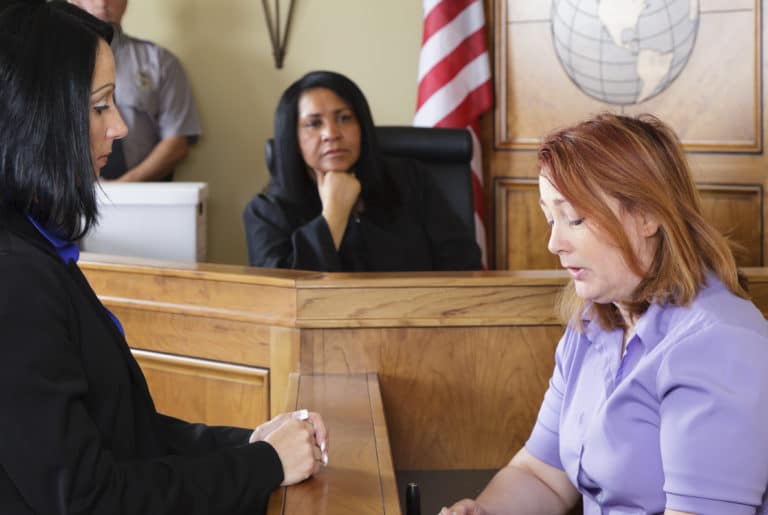What To Know About Civil Lawsuits

After being involved in a catastrophic accident and sustaining serious and life-threatening injuries, you and your loved ones have to make various decisions. If you are unconscious, your family will be put in a place to make decisions for you. Part of this process can involve filing a civil lawsuit against the responsible party that is at fault for your injuries.
What is a civil lawsuit?
A civil lawsuit is where one person sues another person or persons after they were injured in some manner. You can also sue a business or company when they were negligent in some manner that resulted in a wrongful act or harm coming to you.
If the responsible party is found guilty, they usually are required to pay monetary compensation instead of being sent to jail. For example, personal injury lawsuits are a common type of civil lawsuit.
Why would I need to file a civil lawsuit after a catastrophic injury?
Catastrophic injuries can result in substantial medical bills, loss of income, and other financial impacts on your family. When another individual causes your injuries, you and your family have a legal right to seek monetary damages to cover your medical bills, lost wages, and other financial losses.
Are you worried about finances after a catastrophic injury? Get sound legal advice and assistance from our catastrophic injury lawyers with a free consultation today.
How do I file a civil lawsuit?
The typical process to file a civil lawsuit for a catastrophic injury claim is to schedule an initial consultation with a personal injury lawyer. Consultations are free and allow the lawyer to review your case, determine if you have grounds to file a lawsuit, and advise you on how to proceed.
If you have grounds to file a claim, your lawyer will begin the claim process. Usually, most cases are settled out of court, so they never even go to trial. However, if you cannot settle your case, your lawyer will file a lawsuit with the appropriate court.
After the lawsuit is filed, the court will set different hearings at various times leading up to the trial. However, it is still possible to settle the case even when court proceedings have begun. So, even though you may need to file a civil lawsuit if you cannot reach an initial settlement agreement, it does not mean your case cannot still be settled.
Common Civil Lawsuit Terms
- Negligence – Failure to provide a duty of care within reason that resulted in personal injuries to another.
- Comparative Negligence – When the victim of a personal injury claim is partially responsible for the accident, they can still bring a claim for damages as long as they are less than 50 percent at fault. However, the compensation recovered is reduced by the percentage they contributed towards the accident and their injuries.
- Complaint – The complaint, also called a petition, is the formal legal document filed with the court that establishes the basis of the civil lawsuit.
- Summons – The summons is the official written notification of a civil lawsuit that has been filed against you, often delivered by a process server.
- Answer – The answer is a written reply by the defendant in response to the complaint filed against them for each allegation and numbered paragraph. They can admit the allegation is true, deny it, or say they require more information before they can answer.
- Entering an Appearance – This is the term used when the person you sue has insurance, and their insurance company’s lawyer is formally joining the lawsuit.
- At Issue – This is the term given to your lawsuit once the answer has been submitted to the court.
- Initial Case Management Conference – This is the first meeting of the lawyers representing both parties and the judge, who will share their expectations for managing the lawsuit.
- Remittitur – This is the term used when a judge in a civil lawsuit reduces the amount awarded by the jury. However, it is rare but can still occur periodically.
- Subpoena – This is a legal document served on someone when they are called upon to provide testimony or documentation during a disposition or a trial.
- Discovery – The period before trial where both parties and their lawyers gather as much information as possible about the other side’s case.
- Interrogatories – The written part of discovery, where there is an exchange of questions between the parties that must be answered while under oath.
- Disposition – The oral part of discovery where you can be called upon to answer questions by the defendant’s lawyers. Your lawyers can also question the defendant.
- Contingency Fee – When a lawyer works on a civil lawsuit for no upfront costs. Instead, they collect their legal fees and reimbursement for any expenses they covered after you receive the compensation for your lawsuit.
- Settlement Conference – Most judges will require the parties to make another attempt at reaching a settlement before going to trial.
- Mediation – If the settlement conference is unsuccessful, a judge can require the parties to go through mediation overseen by a retired judge in one last effort to settle the case before going to trial.
- Trial Proceedings – This is the structured process used during a trial. For example, the plaintiff gets to state their side of the case first and call witnesses. Then the defendant gets to state their side of the case and call witnesses.
- Verdict – The result of the trial proceedings as decided by the jury. The jury can find in favor of the defendant or the plaintiff. When they find in favor of the plaintiff, they will also include the monetary amount of damages the plaintiff should receive.
- Appeal – An appeal is the process where the losing side can attempt to reverse the outcome when they believe the judge’s decisions during the course of the trial were unfair.
Civil Lawsuit Roles
- Process Server – The person who serves the summons on the defendant in the civil lawsuit, which could also be a sheriff’s deputy.

- Defendant – The person you are suing for monetary damages in your personal injury lawsuit. They are often represented by their insurance company’s lawyers.
- Plaintiff – The plaintiff, also referred to as the complainant, is the person who filed the lawsuit and is often represented by a personal injury lawyer.
- Expert Witness – An expert witness is a person with expertise in a particular field, who can be called upon to give their professional opinion, such as who was at fault.
- Judge – The judge is responsible for serving as an impartial party in the proceeding. They will keep the case moving forward and offer input when appropriate. They also have the right to alter the amount awarded by the jury.
- Jury – The individuals selected for jury duty who are assigned to your lawsuit. They will hear the evidence in the case and decide whether the defendant should be held accountable for your personal injuries.
How likely will my civil lawsuit go to trial?
While it is essential to understand the various civil lawsuit terms and roles, it is important to remember that only about 2% of catastrophic personal injury claims ever go to trial. Instead, they are either settled before having to file a lawsuit or during the settlement conference or mediation.
What should I do after a catastrophic injury or death?
Experiencing a catastrophic injury or death can be a very challenging time for you and your family. You are often put in a place where you need to make decisions and take action while grieving your loss or worrying whether your loved one will recover.
The last thing you want to do is to attempt to navigate the complexities of filing an injury claim against the responsible party and their insurance company. To make informed decisions, you need real answers from someone you can trust who has also experienced a catastrophic loss.
It is also highly recommended to get free legal advice from the catastrophic injury lawyers at Bachus & Schanker and our Elite Litigation Group. We are here to help you and your family during this difficult time and ensure you receive the monetary compensation you deserve.
Have further questions about filing a catastrophic injury civil lawsuit? Schedule your free consultation with Bachus & Schanker today.
Sources:
CO Code § 13-21-111. (2021).
Dimopoulos, S. What Is the Value of My Personal Injury Case? (2022).




